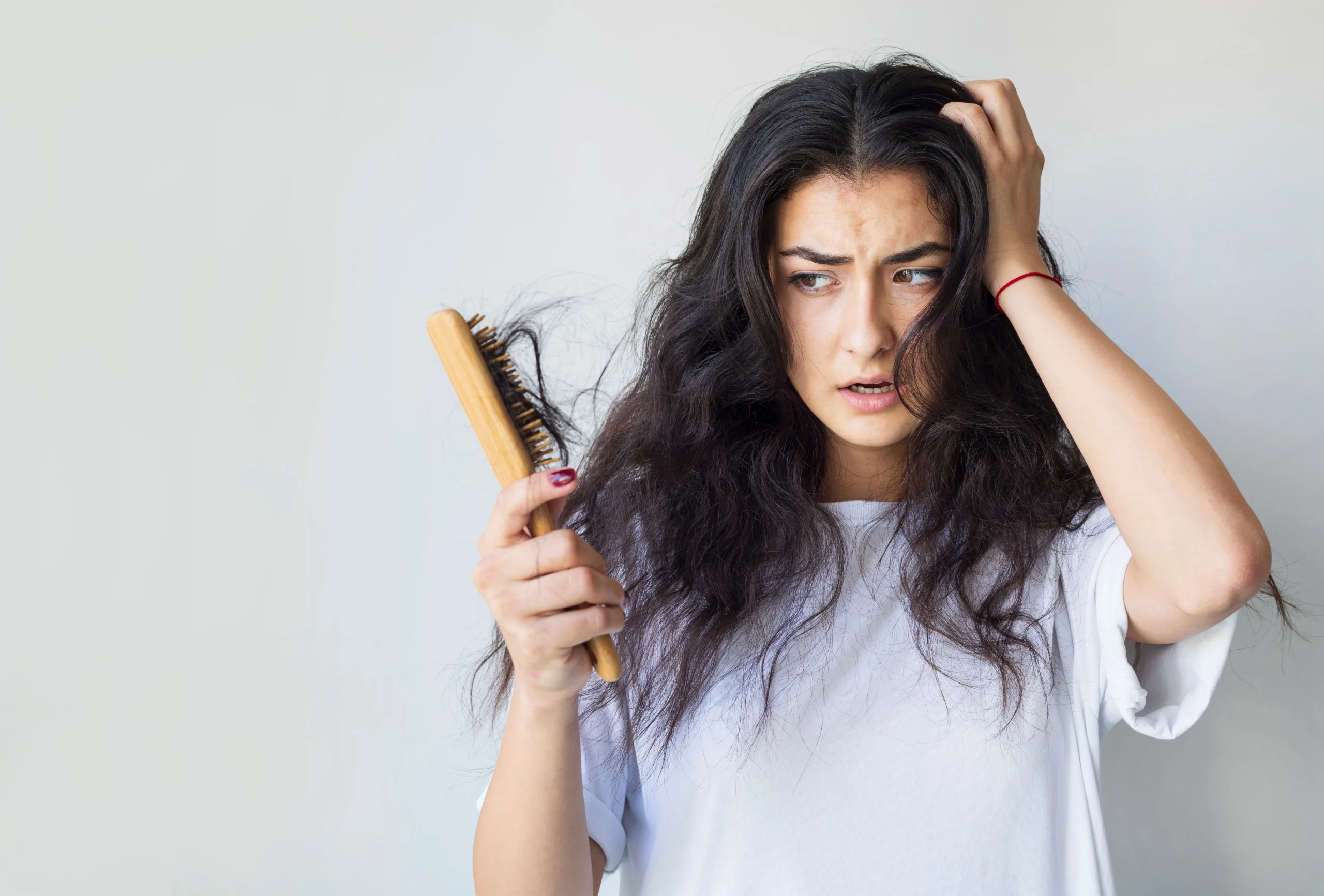
Hair loss, or alopecia, is a common and often emotionally challenging condition that affects both men and women. It typically manifests as thinning hair, receding hairlines, or bald patches on the scalp and may extend to other areas of the body. While hair loss can cause physical changes, its emotional impact is equally profound, affecting self-esteem and overall well-being. At Aura Med Spa in Bellaire, TX, we provide advanced, personalized treatments to address hair loss and restore your hair’s vitality.
Hair loss presents itself in various ways, with symptoms varying depending on the underlying cause:
Recognizing these symptoms early is key to addressing hair loss effectively and seeking the right treatment.
Knowing the type of hair loss is crucial for tailoring the right treatment plan. Here are the most common types:
Identifying the specific type of hair loss allows for more targeted treatments, helping you achieve the most effective and lasting results.
Hair loss can be offset by a range of factors, both internal and external. The primary causes include:
Hair loss treatments work by addressing multiple aspects of the condition. Topical treatments like minoxidil and finasteride help by stimulating hair follicles, reducing DHT production, and promoting hair regrowth. PRP and exosome therapies stimulate the scalp, encouraging healthy follicle activity. Laser therapies increase blood circulation to the scalp, revitalizing dormant hair follicles. Hair transplant surgery provides a lasting solution by transferring healthy hair follicles to areas experiencing thinning. Lifestyle changes, including diet and stress management, complement medical treatments, supporting long-term hair health.
Caring for your scalp and maintaining overall health is key to promoting hair regrowth and preventing additional loss.
With a comprehensive approach that combines professional care and lifestyle adjustments, you can restore fullness and confidence in your appearance.


Let’s get in touch!